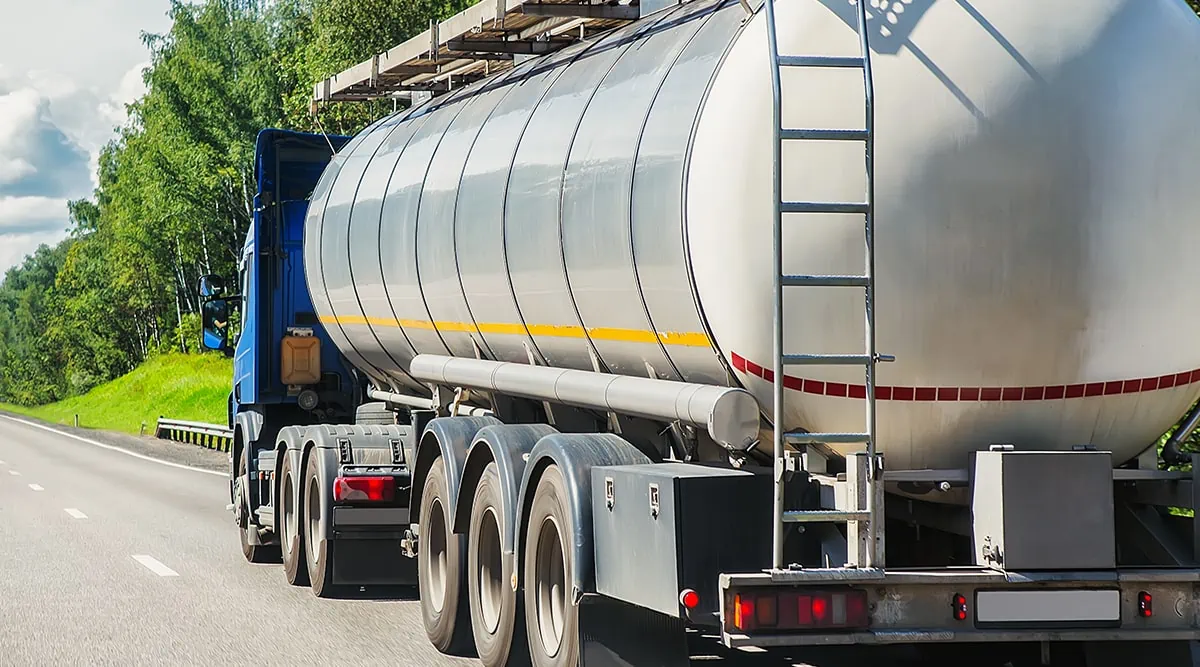Little Known Facts About Reclaim Waste.
Table of ContentsThe 45-Second Trick For Reclaim WasteReclaim Waste Fundamentals ExplainedHow Reclaim Waste can Save You Time, Stress, and Money.The Greatest Guide To Reclaim WasteExcitement About Reclaim Waste
Discover the types, occurrences, and kinds of liquid waste. Domestic sewer waste describes the waste and products from a domestic septic system. This type of waste is created by human beings in houses, colleges, and other structures. This only includes septic systems that have a drain area. The proper monitoring and disposal of domestic sewer waste require fluid waste to be transferred to a sewer therapy plant where the appropriate approaches and devices are used to cleanse and take care of waste.
Commercial waste usually includes possible risks, such as combustible materials or a mix of fluid and solid waste products, and calls for an advanced and in-depth disposal procedure. The disposal of business waste generally includes the purification of waste prior to transport to ensure risk-free and appropriate disposal. Hazardous waste is developed from byproducts and overflow of industrial procedures and production.
This type of waste can not make use of the same sewer management transport or processes as septic or business fluids. The commercial waste administration procedure calls for the inspection and testing of liquid waste before it undergoes the disposal process (liquid waste disposal melbourne). Runoff waste is the fluid waste that originates from drainage and excess stormwater in very populated areas or cities
Overflow waste can cause contamination and flooding if not taken care of effectively. Discover more regarding sewage system cleansing and waste monitoring. Ensuring proper waste management can prevent calamities and lower ecological damage. Both people in domestic setups and specialists in commercial or production industries can benefit from understanding the processes and regulations of fluid waste management.
Unknown Facts About Reclaim Waste
Contact PROS Solutions today to learn more about our waste administration and disposal services and the appropriate ways to look after the liquid waste you generate.
(https://disqus.com/by/reclaimwaste1/about/)This supposed 'wastewater' is not only a vital source however, after therapy, will certainly be launched to our land, waterways or the sea. Used water from commodes, showers, bathrooms, kitchen area sinks, washings and industrial processes is recognized as wastewater.

water used to cool equipment or tidy plant and devices). Stormwater, a kind of wastewater, is overflow that flows from farming and metropolitan areas such as roofing systems, parks, yards, roadways, paths and seamless gutters into stormwater drains, after rainfall. Stormwater moves unattended directly to neighborhood creeks or rivers, at some point getting to the sea.
Some Known Factual Statements About Reclaim Waste
In Queensland, a lot of wastewater is dealt with at sewage treatment plants. Wastewater is transported from domestic or commercial websites via a system of sewage systems and pump terminals, referred to as sewage reticulation, to a sewer therapy plant. City governments construct, keep and run most sewer therapy plants. Operators are accredited under the Environmental Security Act 1994 to discharge treated wastewater at an acceptable ecological criterion right into rivers.
The Department of Natural Resources recommends city governments concerning handling, operating and preserving sewerage systems and treatment plants. In unsewered locations, local governments may call for owners to mount private or household sewer treatment systems to treat residential wastewater from bathrooms, kitchens, bathrooms and washings. The Division of Natural Resources authorises using home systems when they are proven to be reliable.
In some brand-new class, therapy of some stormwater to eliminate litter, sand and crushed rock has started utilizing gross toxin traps. Wastewater therapy occurs in 4 phases: Removes solid issue.
Uses little living microorganisms knows as micro-organisms to damage down and remove staying liquified wastes and Recommended Reading great fragments. Micro-organisms and wastes are incorporated in the sludge.
The Main Principles Of Reclaim Waste
Nutrient elimination is not readily available in all sewer therapy plants since it needs pricey specialized tools. It is coming to be much more typical in Queensland. Clear fluid effluent generated after treatment might still include disease-causing micro-organisms. If this effluent is launched into rivers such as rivers or the sea, the micro-organisms will ultimately die out.

Most wastewater moves into the sewerage system. Under the Act, local governments administer approvals and licences for ecologically relevant activities (Periods) involving wastewater launches that might have a neighborhood effect.
Indicators on Reclaim Waste You Should Know
Otherwise, samples are taken for laboratory analysis. Commonly many examinations are required to develop the levels of each of the different toxins such as oils, hefty metals and chemicals in water. Monitoring supplies valid information regarding water high quality and can validate that permit problems are being fulfilled. The details gotten via monitoring provides the basis for making water quality decisions.